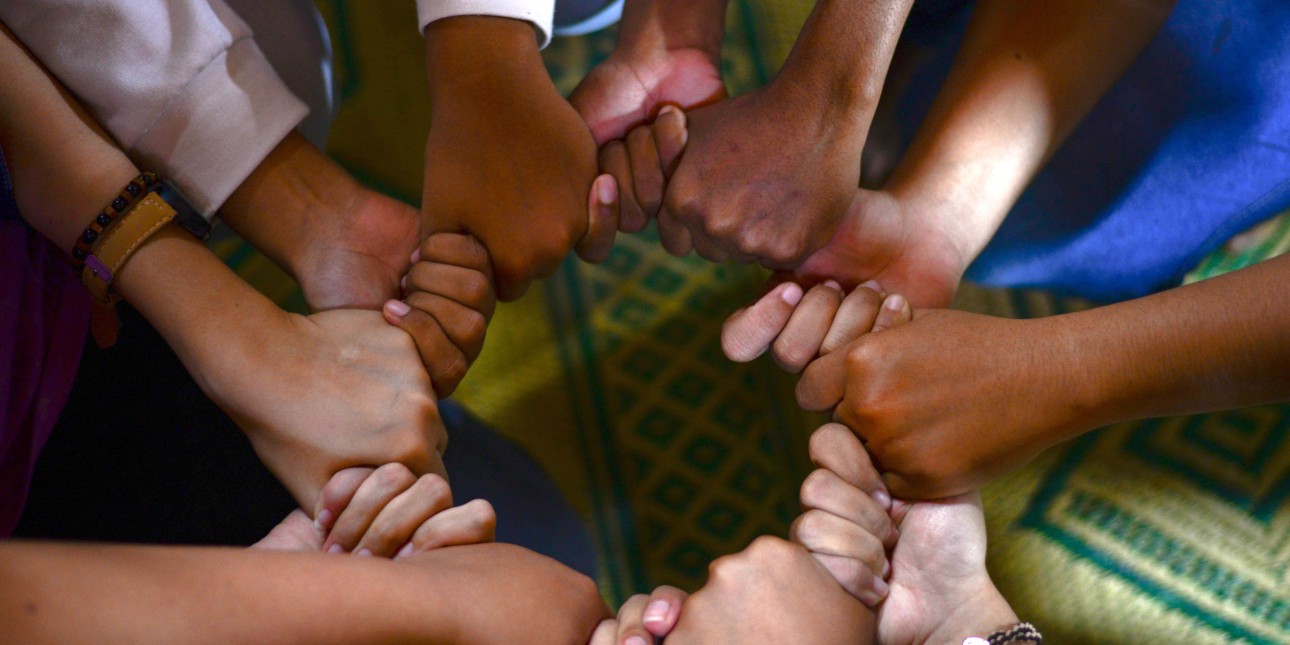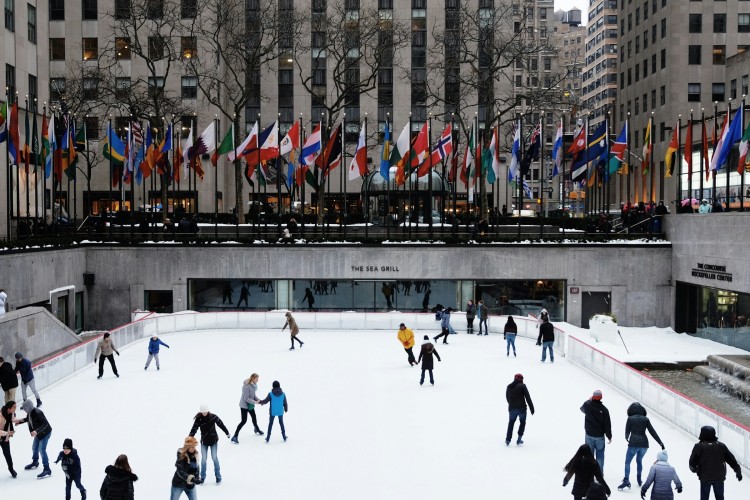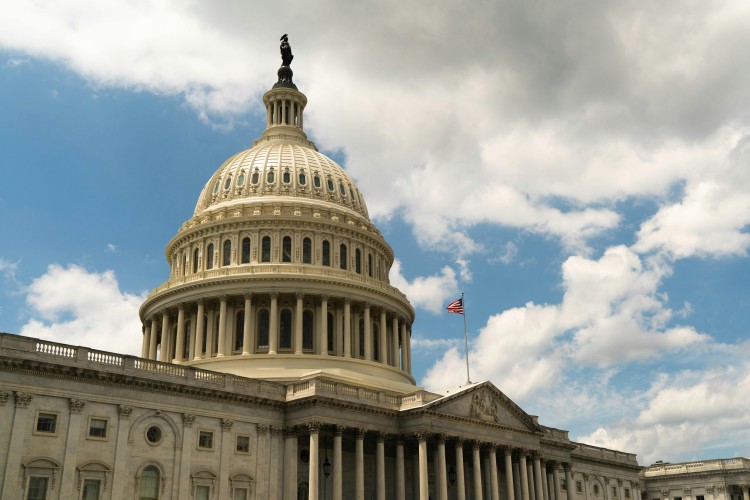Suicide Prevention Month - Healing Actions are Prevention

Hardship, loneliness, and physical and mental illnesses are not easy circumstances.
Some people may find that they are brushed off, misunderstood or ignored, or left to feel as if their problems are too big for them or anyone else to help solve, even if that doesn’t have to be the case. This can lead people to want a way out, increasing feelings of suicidal thoughts or behaviors.
Prevention is not considering someone ‘selfish’ or ‘weak’ to discourage them from thinking about or attempting suicide. Prevention is instilling a culture of support in your neighborhood, workplace, school, another individual person, or yourself. Below are some reflections and actions as you consider how you support your community.
Ease hardships
A factor that may increase a person’s risk for suicide is being faced with excessive hardships. The mental, emotional, and physical harms that come to people may be a lot to take, especially those centered around poverty and health.
Having someone, an empathetic friend or professional, to speak with to assess their needs and have those needs taken care of is important to a person's well-being. Being, at the very least, heard and having an outlet to speak about what someone is going through is a stress reliever and useful to many. In the case of a professional, depending on their contacts or job specifications, they may even have the ability to directly lessen the problems causing grief for someone.
Have opportunities for ending long periods of isolation
Everyone needs some alone time here or there but consistent loneliness can be a saddening and even deadly state to live in. According to Harvard University's most recent loneliness in America survey, 61% of young adults (within the United States) say they have felt ‘serious loneliness’.
A community that wants to make it a point to engage those that might be suffering from a lack of interaction can do so in a variety of ways.
- Virtual safe hangouts
- Community gatherings and dinner talks (with information made accessible by mailbox/door/email)
- Free entertainment events (like open-mics or collective-funded concerts)
These are all ways those who would regularly not engage with others can be encouraged to get out into their community and end their isolation.
Ignore the “rat-race”; don’t let ideas of success make you think less of yourself or others
In a society based around capitalism and respectability politics, many people feel the need to make the most money, have the highest degree possible, or experience wide acclaim. To an extent, these wishes are completely fine and well to have, but the problem becomes when we place a higher value on achieving these things over the value of people.
The contradiction is that every person has inherent value from being a person and they do not need to meet hyper-standards of success to matter. Having goals that are lofty for the sake of a better life is reasonable, but not to the point of detriment to their own self-worth.
- Remember your happiness is a priority, not proving your worth to others. Sometimes we can tell ourselves they are one and the same, but when we dig deep we can find the difference.
- Capitalism gives certain people a leg up from birth. Feeling bad for yourself because you haven’t had accomplishments as quickly as people more privileged than you is judging yourself on a measure of success that isn’t made for you.
- You can always make some if not all of your dreams come true, but it might take more time for you than others (especially, as mentioned, when those others have more societal privileges than you). Give yourself grace and take the time you need to make your goals, regardless of what others are doing or how little/long it takes them.
Check in with people; show empathy, understanding, and care
There is no cap on showing care and compassion for other people. Reaching out to others, even when nothing is wrong, to check on them and talk with them is good practice. They don’t need to be the ‘strong’ friend, or on the other hand very obviously in crisis. A good communal practice of making sure everyone has someone they can lean on when they need to talk is good for the whole community. It’s especially important that during these talks the person being spoken with is met with considerate and kind behavior, feeling the good intentions of the person they are speaking with through their decency.
One person cannot be this for everyone, at the very least not solely, so it is also important to keep in mind that this should be an effort spread out through a group, creating a culture of open communication and having emotional needs met for everyone.
Support the seeking of professional help
The value of a good associate or friend to listen and be there with you in your time of need is immense, but just as good people have their place in our lives, so do good professionals. Professionals can help us work through things cognitively or physically and be someone to talk to who will have designated time to hear us out completely. They may also be more knowledgeable on certain aspects of our feelings that those around us may not be able to understand. Seeking out services like a therapist or a physician can lead to great help in meeting one’s quality of life needs.
With hope
While there is truly no way to end suicide in the world, we can make a significant impact through effort and care for others.
Our actions are prevention. The hope that we have in every conversation, every stress decreased, and every kindness granted, is an opportunity for someone to feel supported and secure despite their circumstances. Together, we can help another person believe their life is worth living.
Below are a few resources to support you and your community in your prevention work:
- 988 Suicide & Crisis Life Line
- 211
- Black Girls Therapy (for Black women and girls)
- Black Men Therapy (for Black men)
- Inclusive Therapists (LGBTQIA and BIPOC-friendly)


